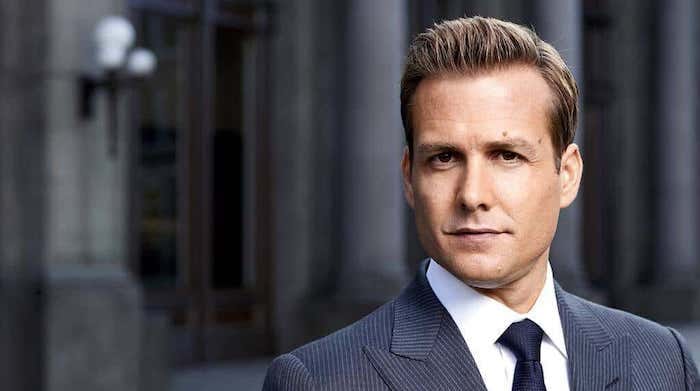New research examines portrayals of diversity (or lack thereof) in popular shows like Suits and Silk

New research has revealed that 64% of senior lawyers in TV legal dramas are male whilst 78% are white.
BPP University Law School analysed US and UK legal dramas with the aim of finding out how close TV is to reality regarding diversity in the legal sector.
The research found that only 22% of those from a black, or ethnic minority background were cast as main characters as legal professionals on TV, compared to 78% who were white. It was also revealed that only 15% of on-screen lawyers were Black, 1% were Asian, 2% were Middle Eastern and 4% were multiracial.
Commenting on the research, BPP said: “It’s clear from analysing the law industry’s current commitment to diversity and inclusion, that writers and directors still need to be more representative with their casting.”
An analysis of 30 different shows concluded that two-thirds (64%) of males were in partner roles compared to just 36% of women. However, figures from BPP’s 2021 intake suggest that the exact opposite is true at entry level. Almost two-thirds (64%) of BPP’s 2021 cohort were women, compared to just 36% of men.
BPP researchers also ranked legal dramas on the diversity of their casting. US show The Good Fight was revealed to be the most diverse with half of its cast coming from black or ethnic minority backgrounds. Law student favourite Suits placed third with a score of 37%. The most diverse UK TV legal drama was The Victim, 33% of whose cast was made up black and ethnic minority actors.
Most ethnically diverse legal dramas
| Ranking | TV drama | % of cast from black or ethnic minority background |
| 1 | The Good Fight | 50% |
| 2 | All Rise | 40% |
| 3 | Suits | 37% |
| 4 | The Victim | 33% |
| 5 | Criminal Justice | 33% |
| 6 | Proven Innocent | 33% |
| 7 | How to Get Away With Murder | 25% |
| 8 | Silk | 25% |
| 9 | The Practice | 23% |
| 10 | The Split | 20% |
(Source: BPP)



